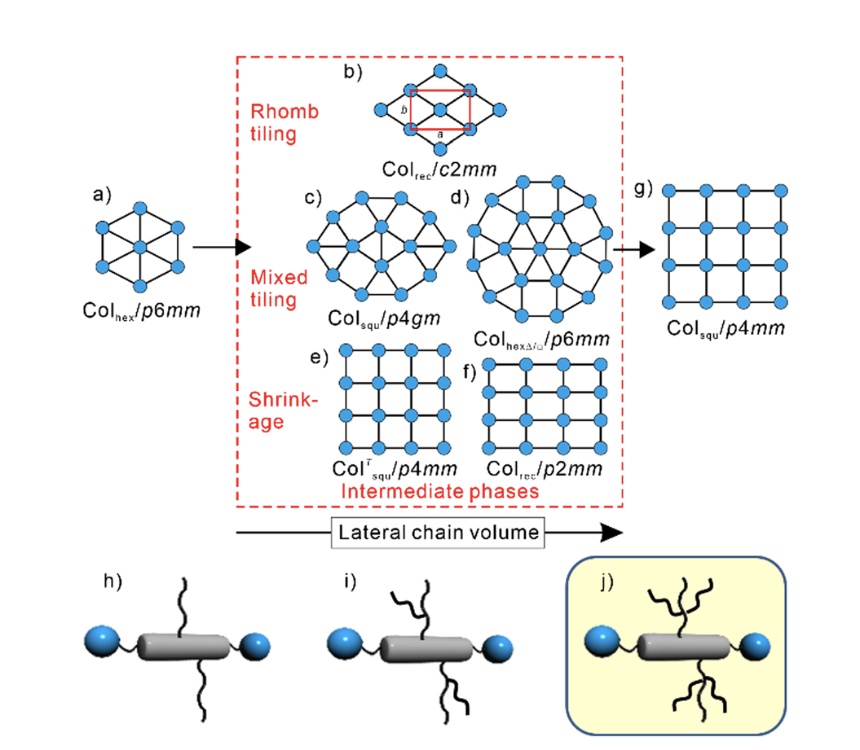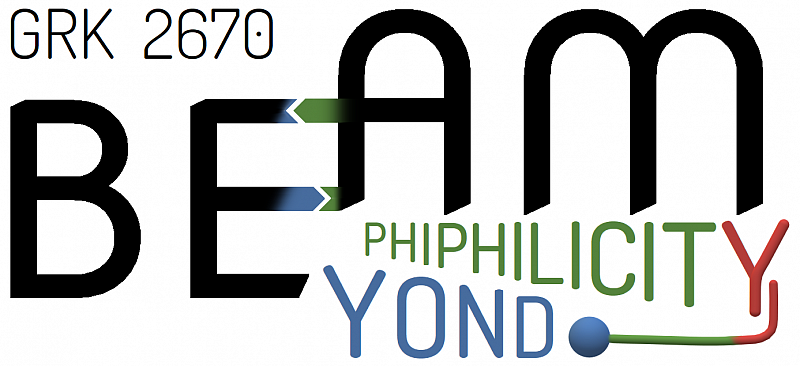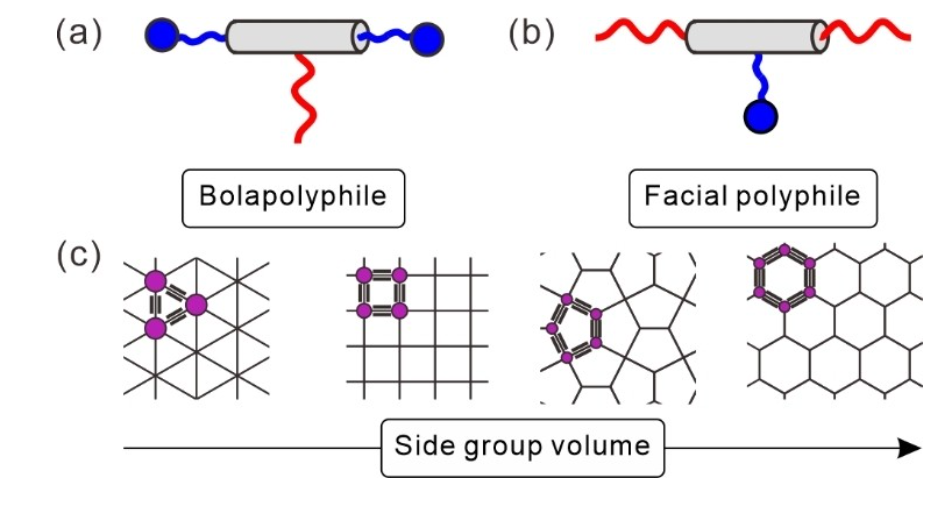BEAM Symposium
From 06. to 08. September 2023 our first BEAM Symposium took place in Halle (Saale)!
News from the RTG
BEAM retreat in Erfurt
Our annual retreat was taking place in Erfurt this year.
On Thursday morning was the start of our event, which we use for networking and exchange at BEAM. The focus of the retreat is on the Ph.D. students, who have to present their individual research projects in short talks followed by a Q&A session. On this day it was the turn of the first half of the doctoral students to give their inputs.
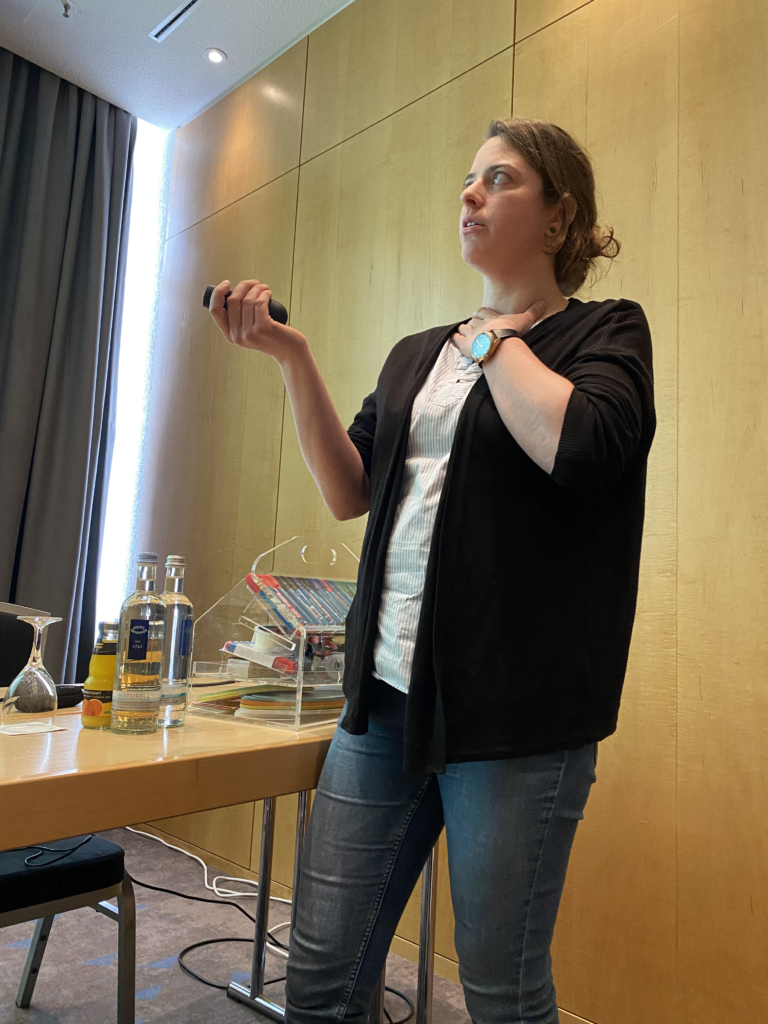
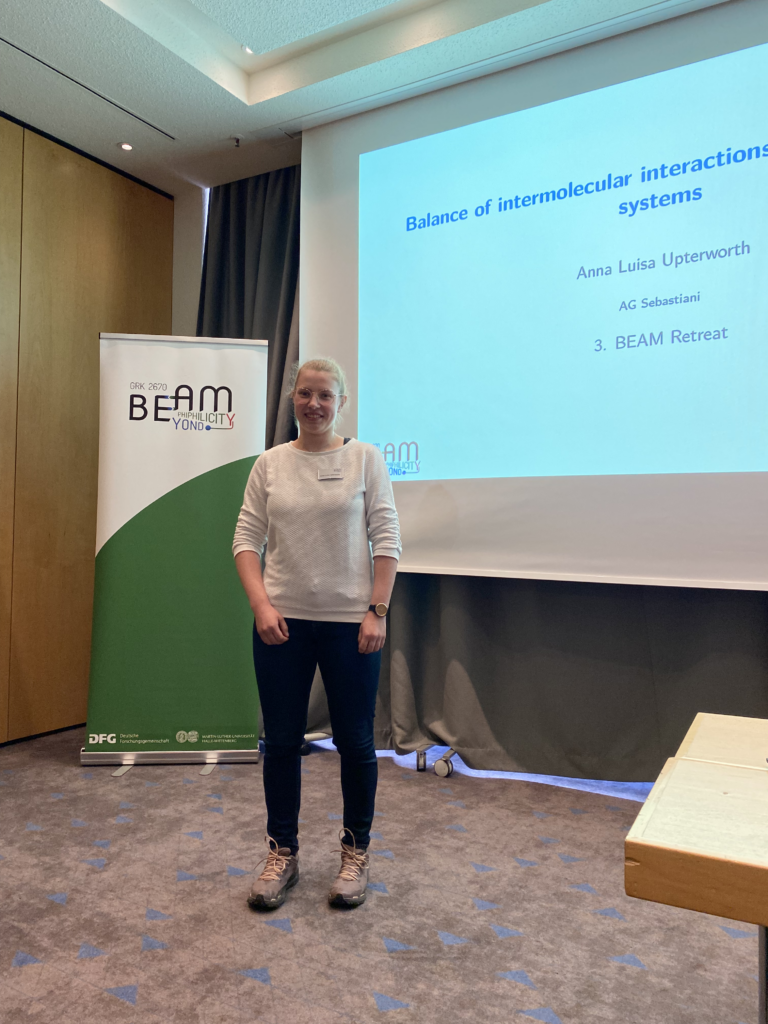
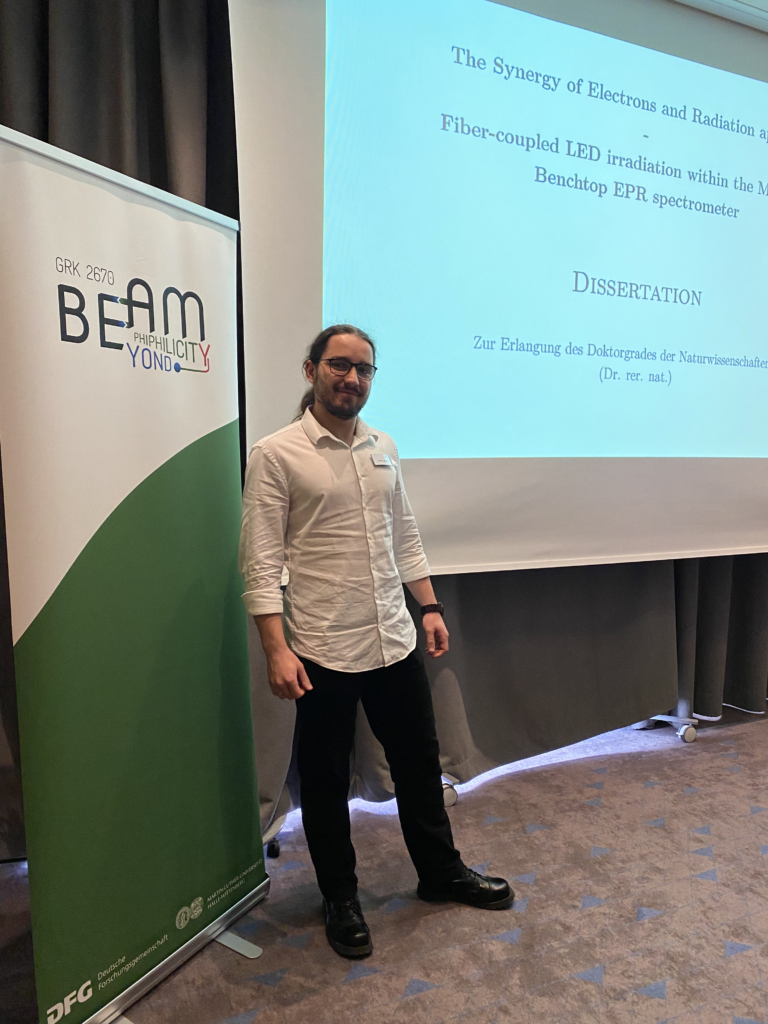
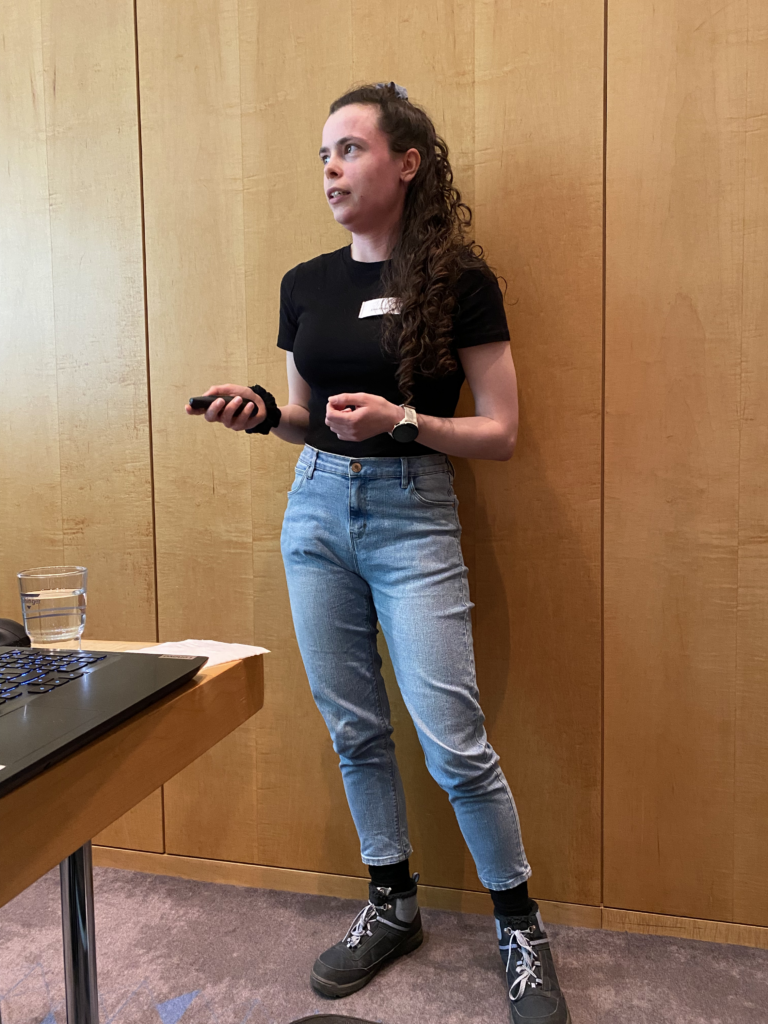
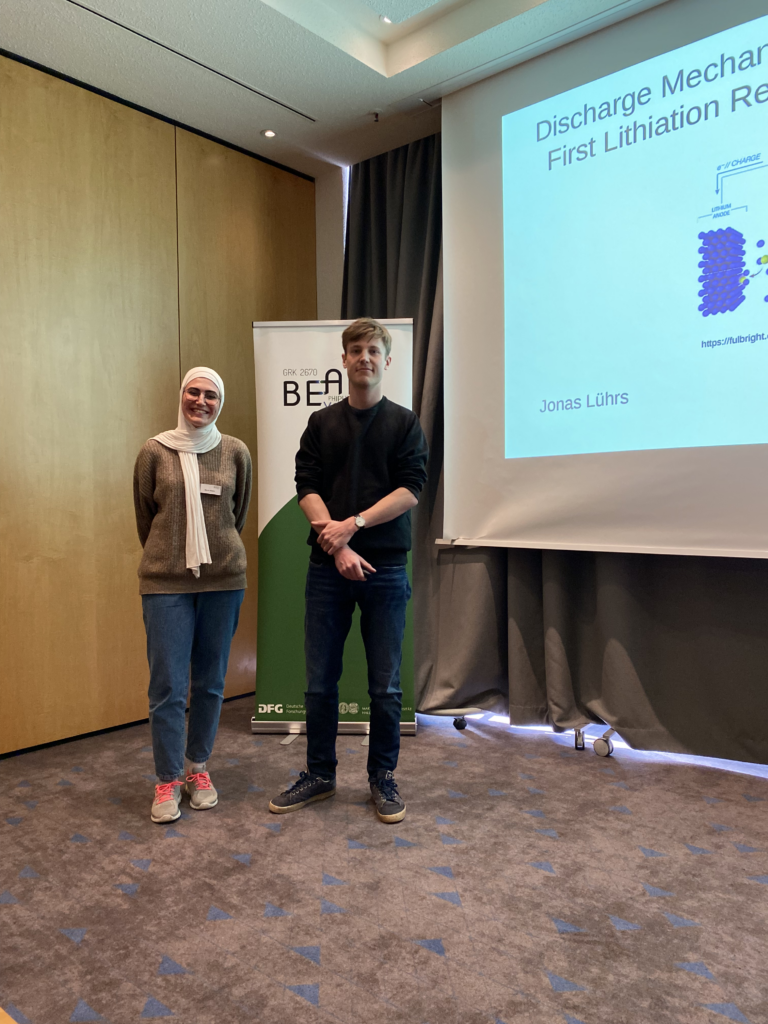
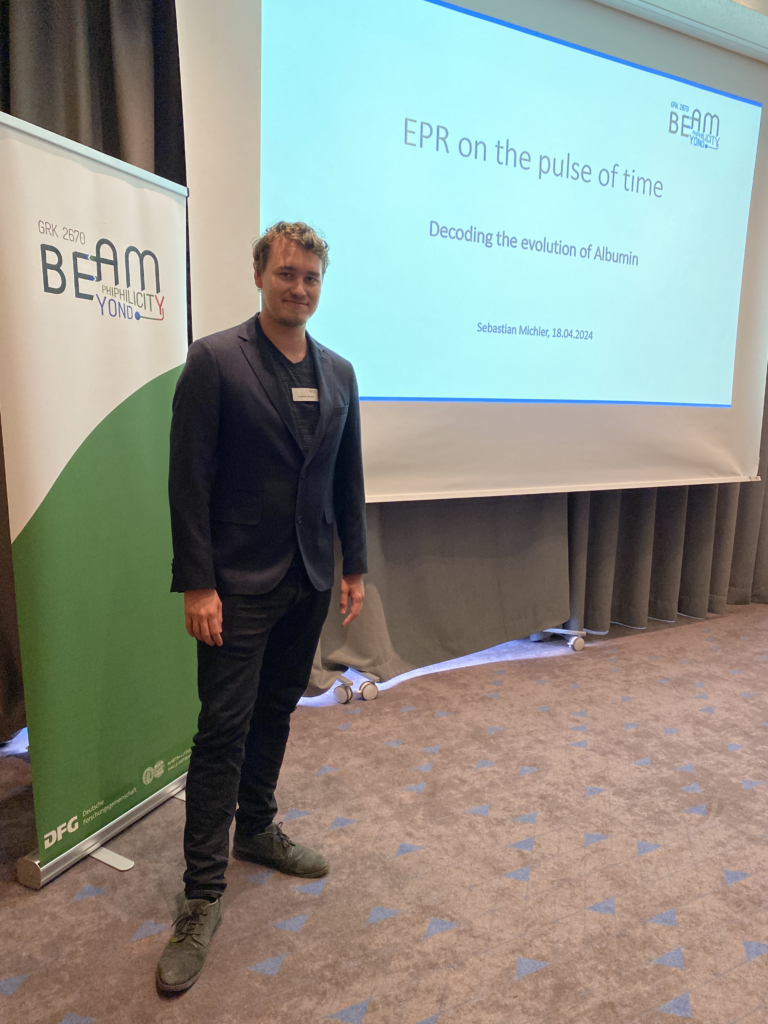
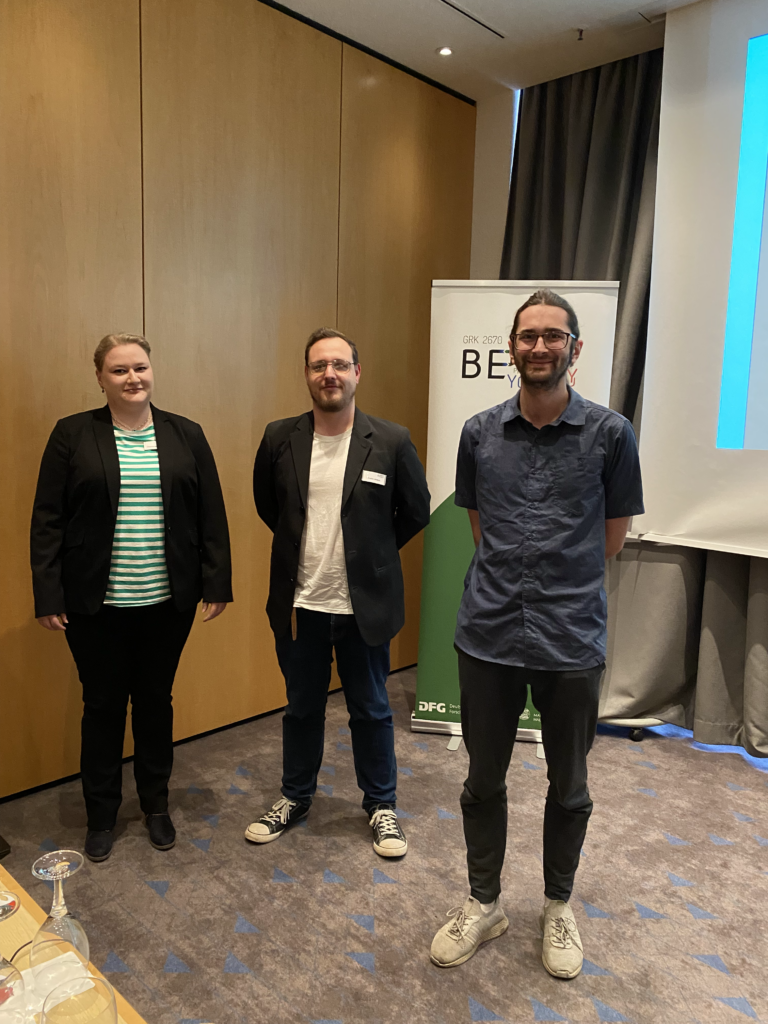
In addition, ideas for the next funding period of the RTG were collected during a short workshop. Questions were asked about suggestions for improvements to tools, research training, working atmosphere and knowledge transfer activities.
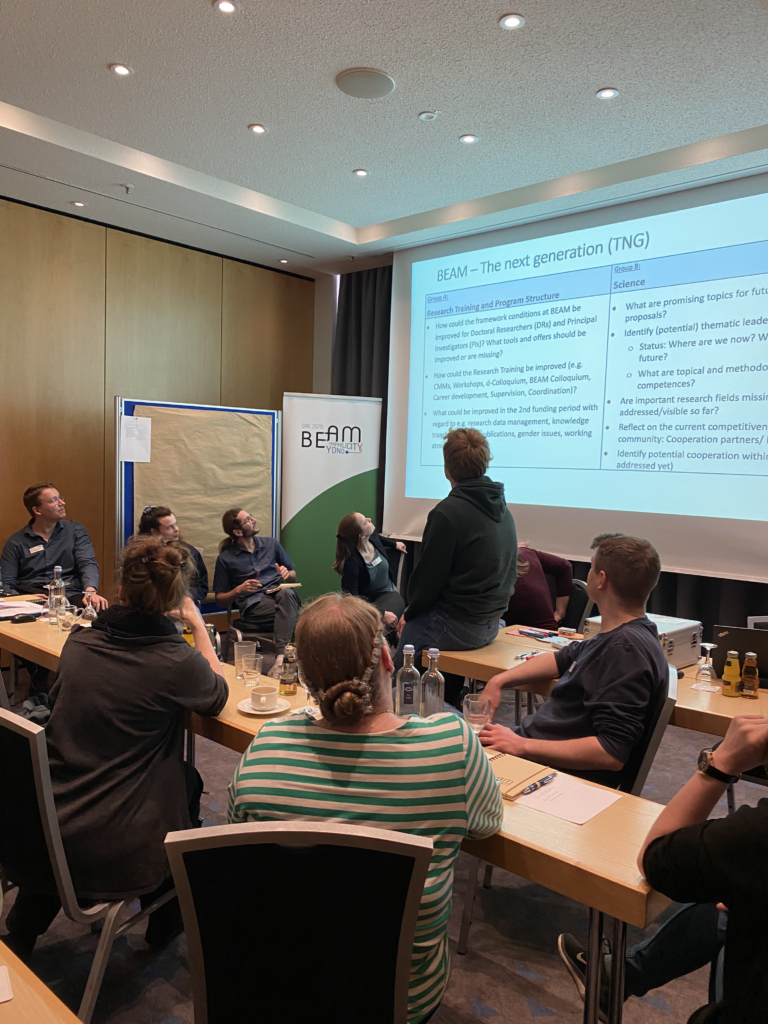
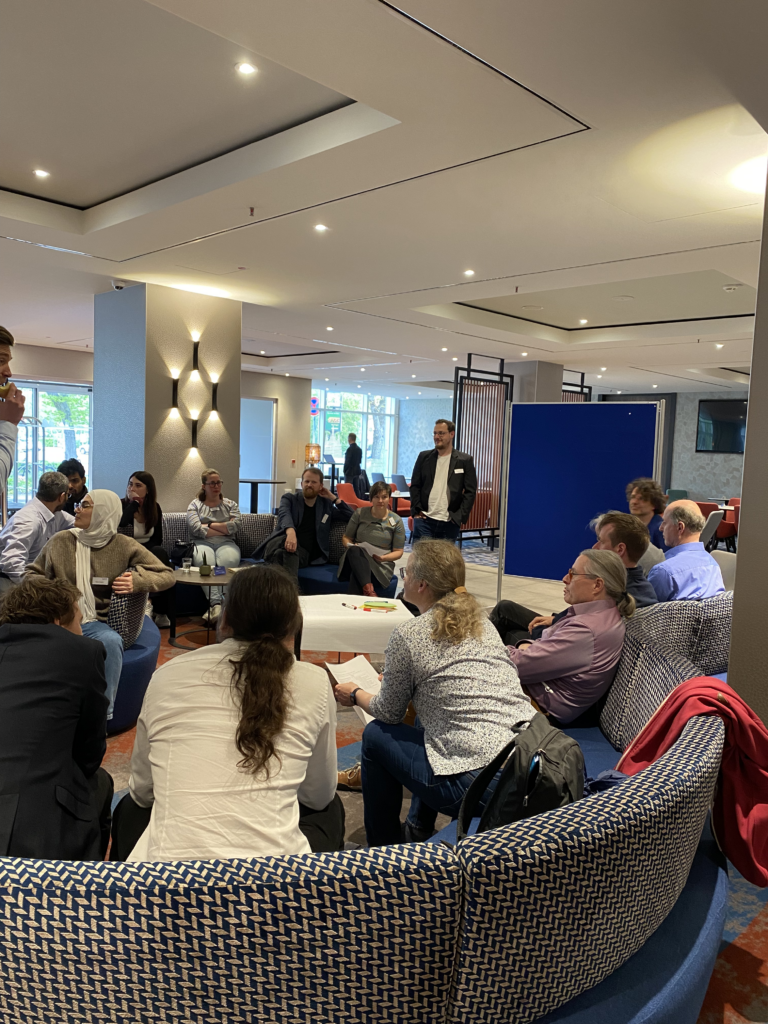
The day ended with a joint dinner.
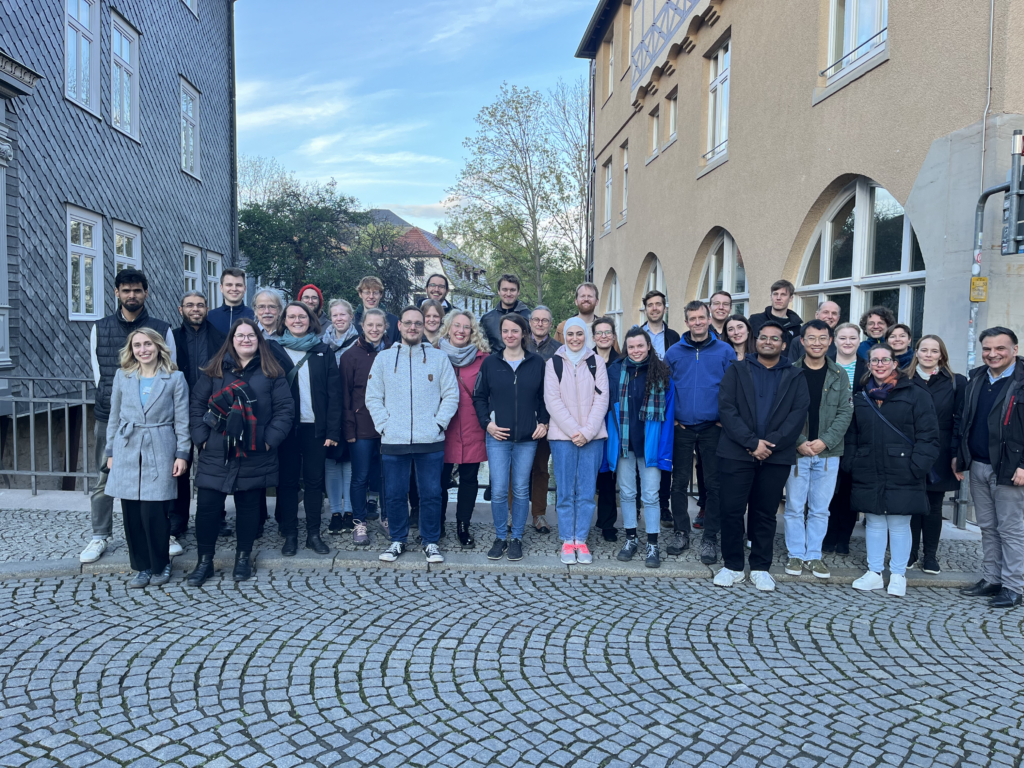
The second half of the Ph.D. students presented their research projects on Friday.
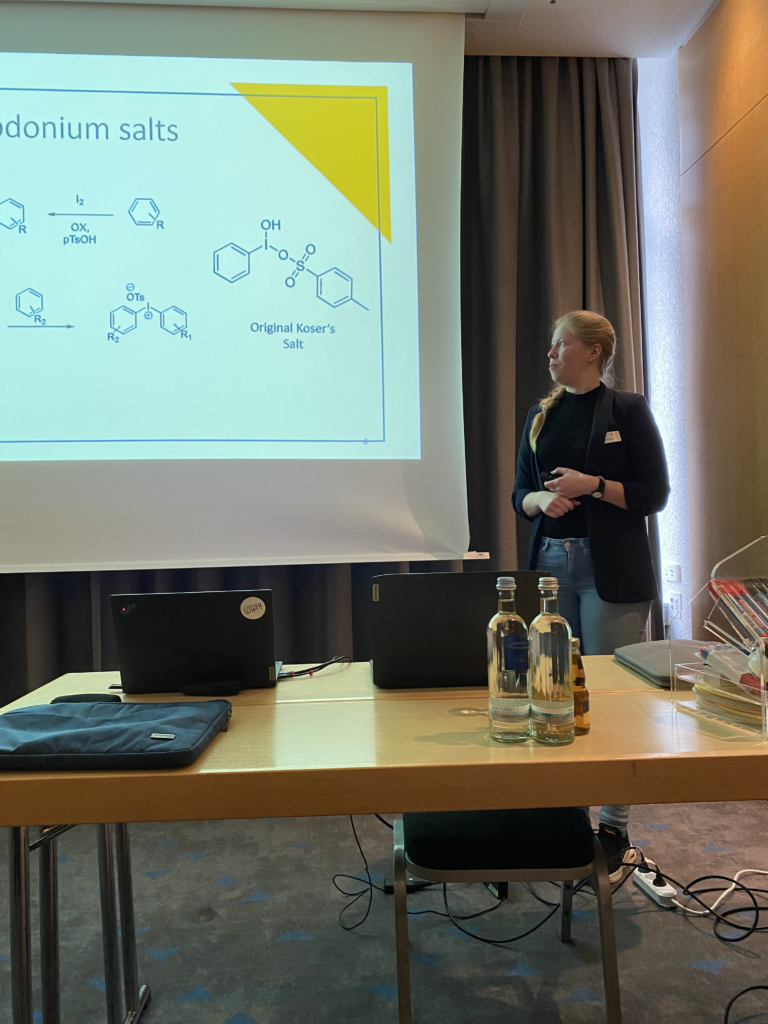
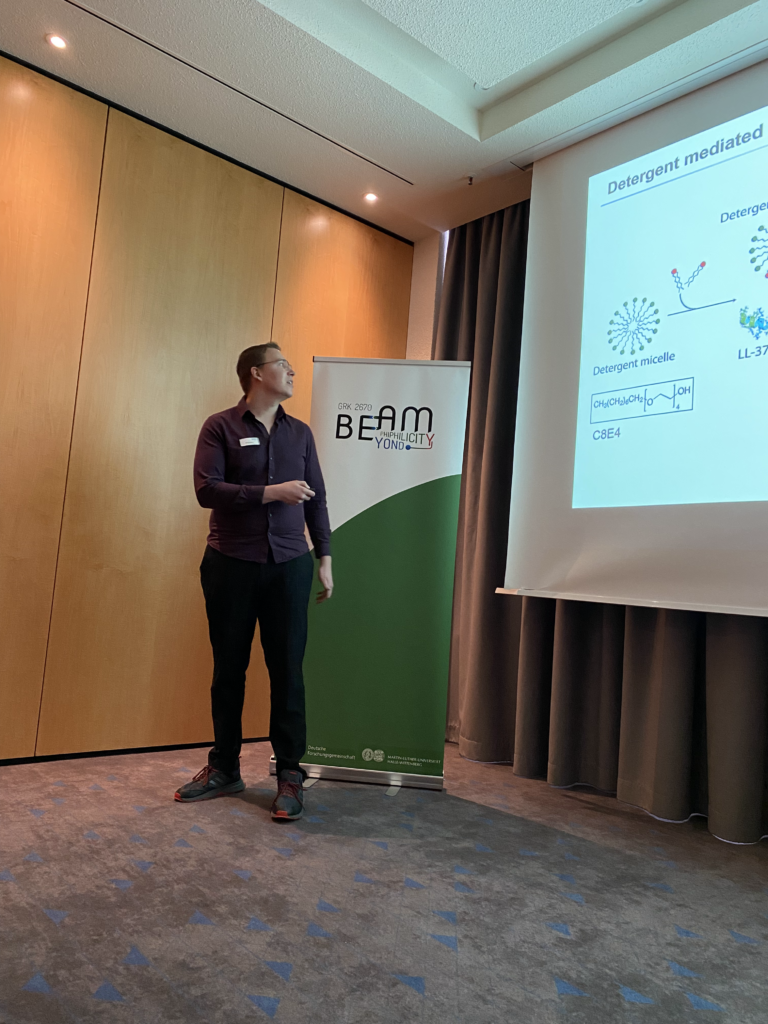
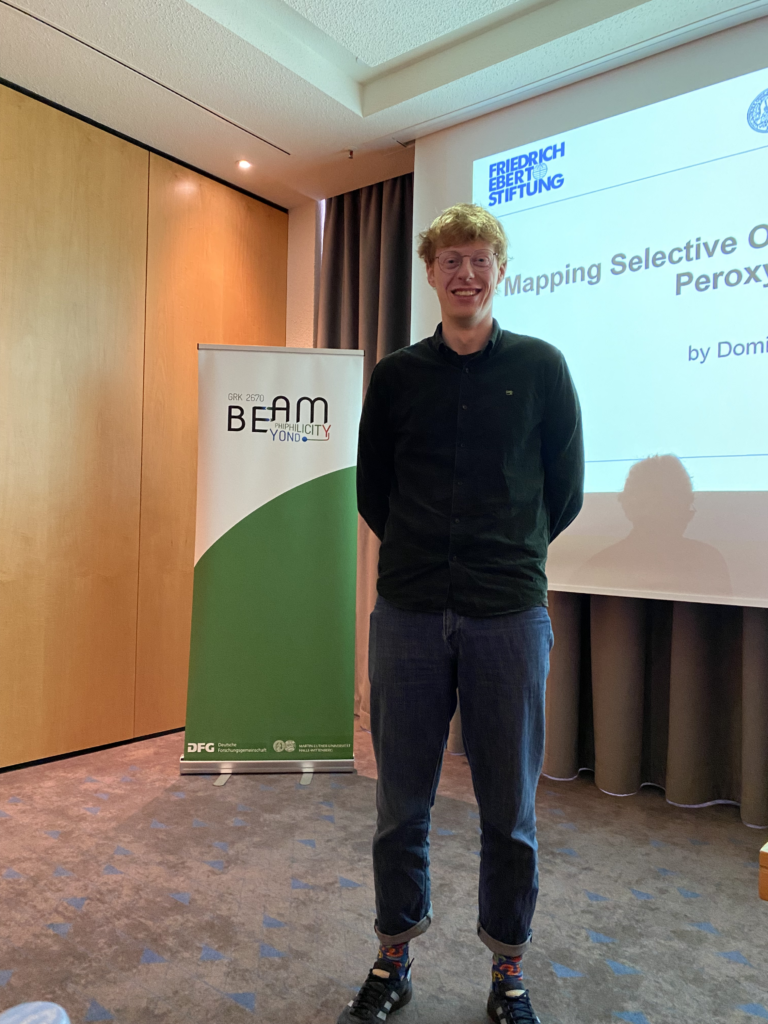
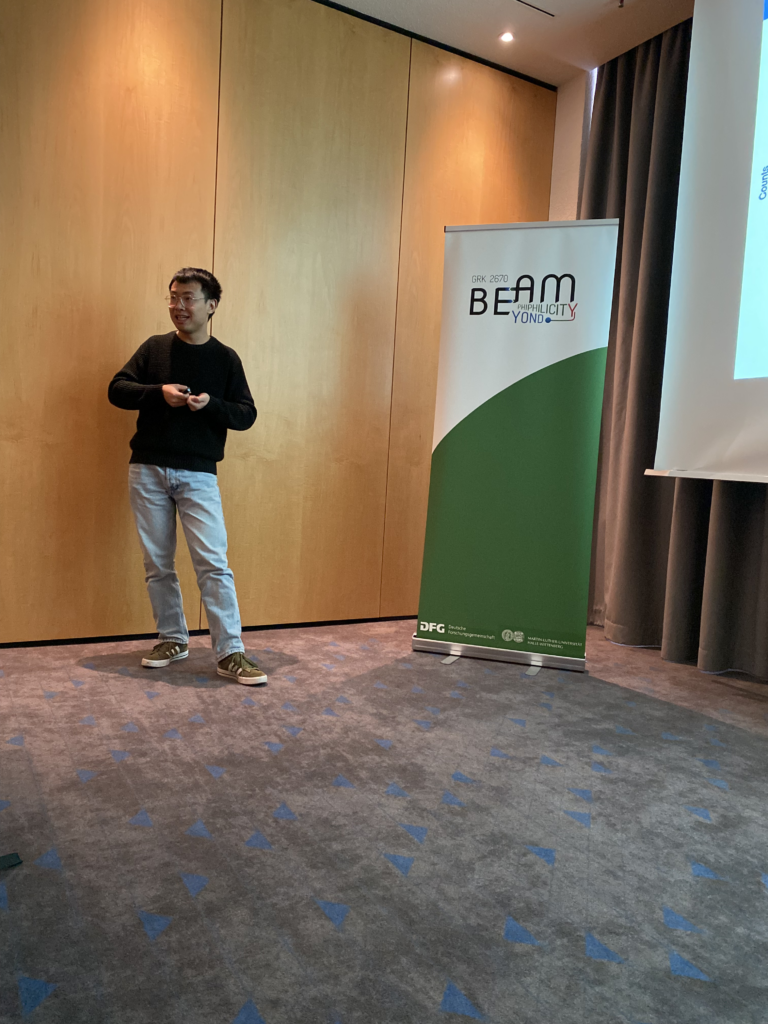
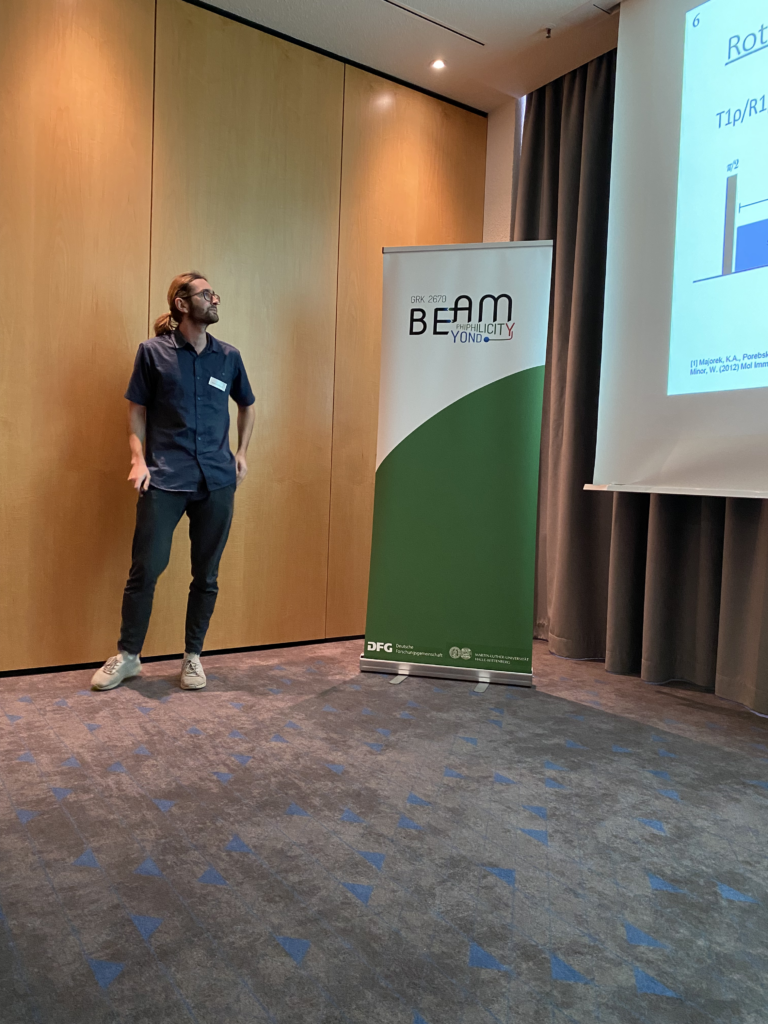
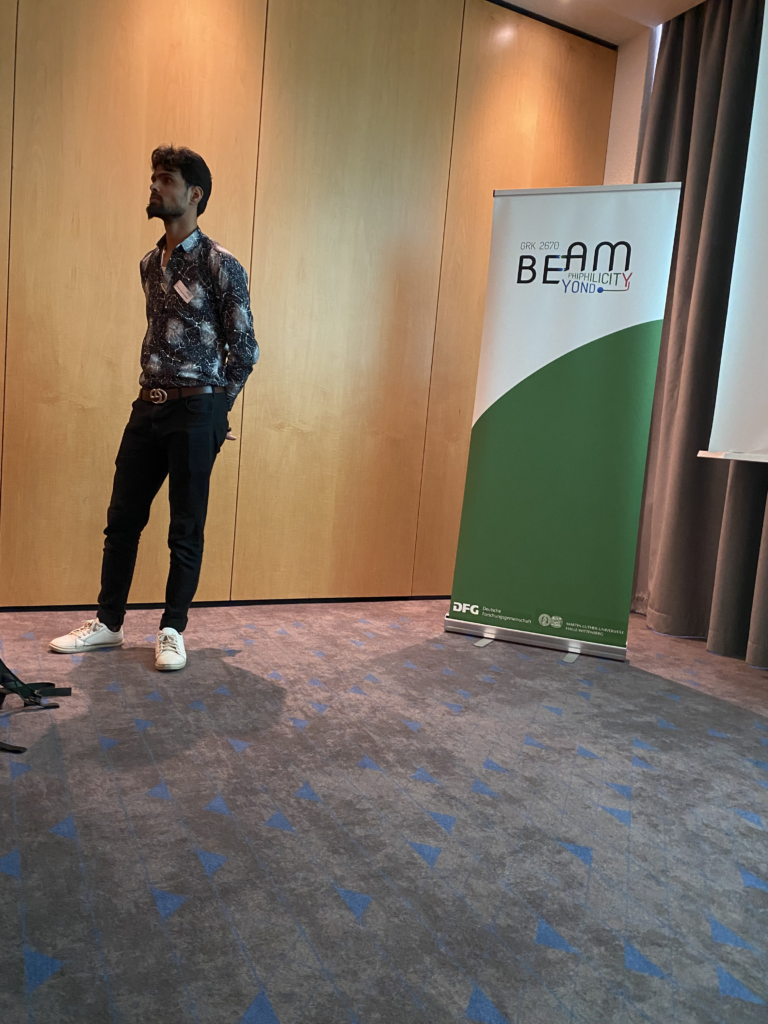
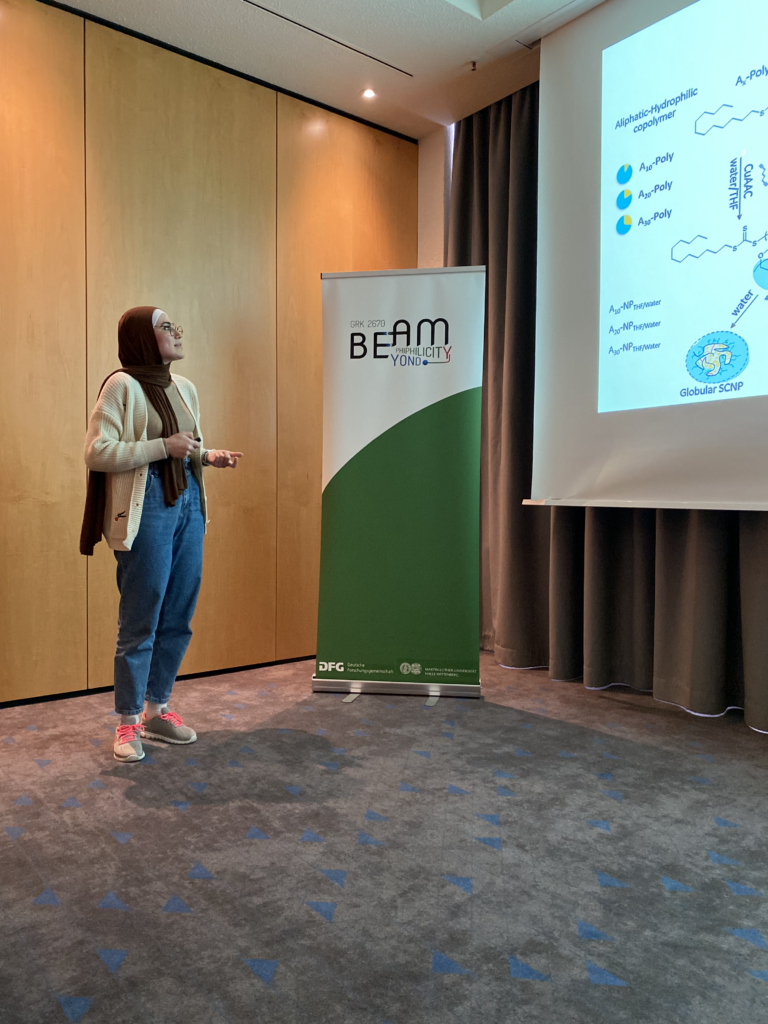
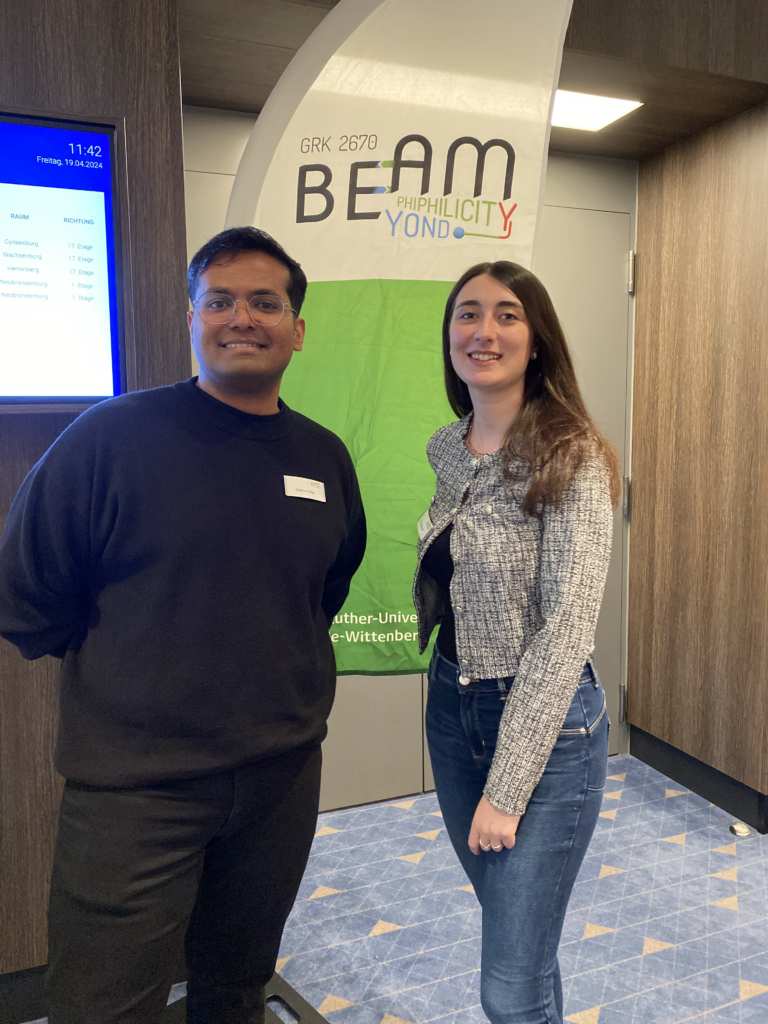
The event ended in the early afternoon and the social program began. One part of the group visited Erfurt Cathedral, the other part went on a city tour. The retreat drew to a close at around 4 p.m. and everyone made their way home.
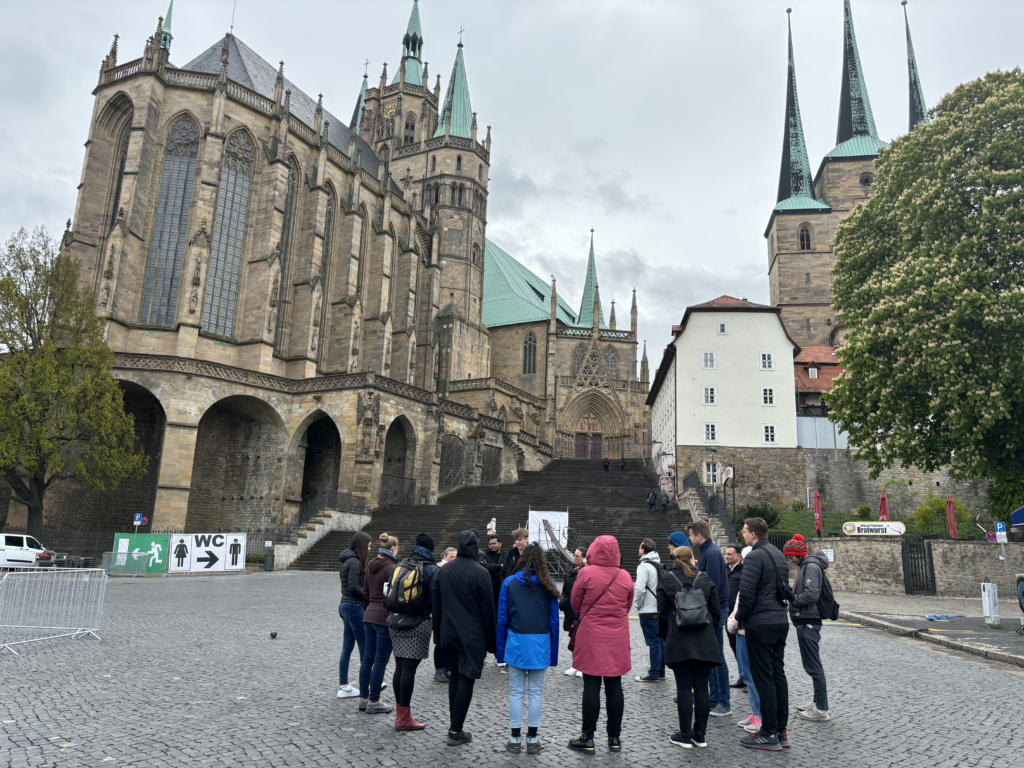
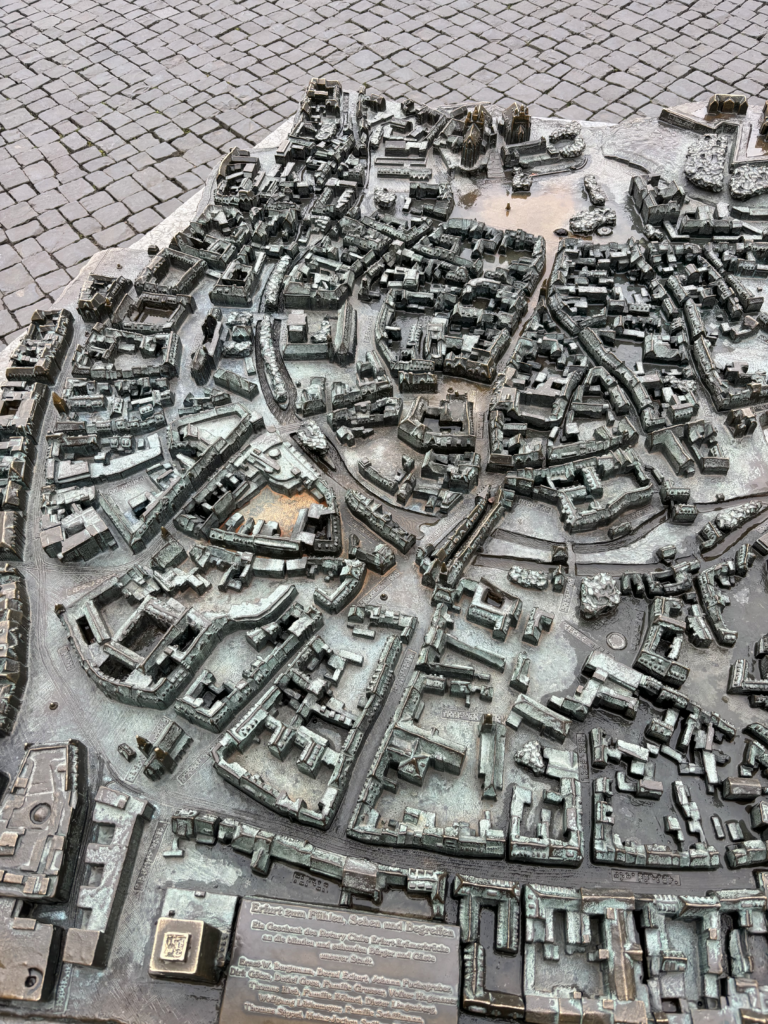
Thank you to everyone for the wonderful two days, the stimulating discussions and exciting input. We are already looking forward to the next event.
A scientific stay abroad – by Christian Anders
From 01 November 2023 to 29 February 2024, Christian Anders completed a research stay in China. He stayed in the working group of Prof. Dr. Feng Liu at the Shannxi International Research Center for Soft Matter, State Key Laboratory for Mechanical Behaviour of Materials at the Xi’an Jiaotong University.
The following is an excerpt from his report:
“During my stay, I had the opportunity to work on my own on two very important facilities.
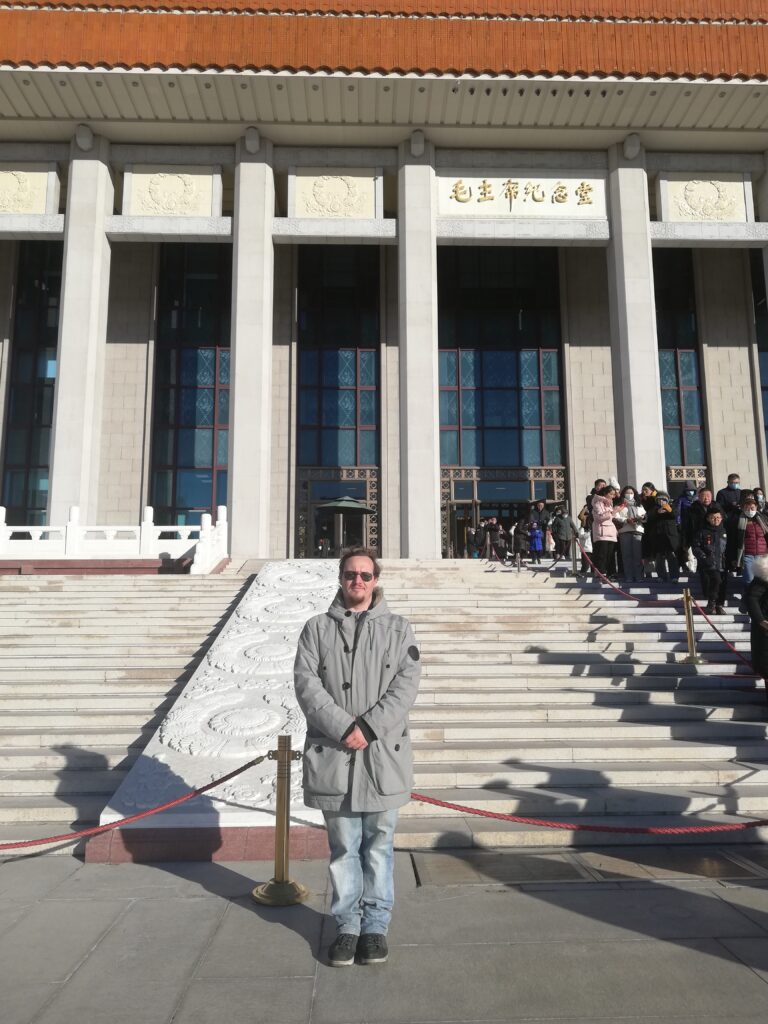
First, an “Anton Paar SAXS-System for laboratory use” system at the Xi’an research laboratory to provide SAXS, WAXS, and GISAX measurements for different types of samples. Here the measurement system is very different from the one usually used in Halle because the whole sample system and measurement process is performed under high vacuum to prevent signal interferences by dust, moisture, and so on.
The second facility was the “Shanghai Synchrotron Radiation Facility”, which I could
enter due to Prof. F. Liu and his workgroup, who organized and booked measurement times there for my samples. One big advantage of this facility is the high beam energy and beam quality that allow fast and precise sample processing.
In both facilities, different types of processed samples were used, which had to be prepared before. The two main types are capillaries and spin-coated silicon wafers, which I could prepare for my samples as well as external ones on my own. This provided me with some new sample-preparing techniques for LC materials and other soft matter samples including polymers.
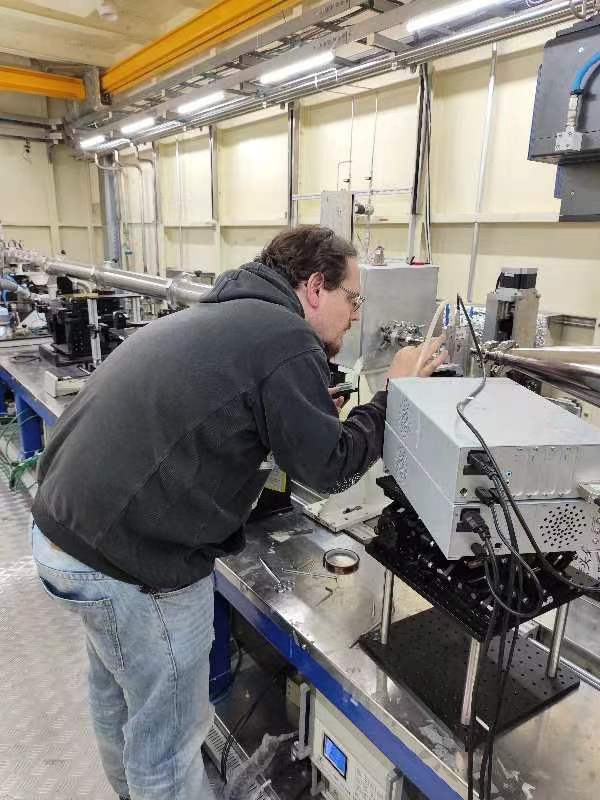
Interestingly, this journey did not only helped me to gain scientific experience in LC analysis
but also gave me a great chance to expand my social competence and soft skills. I got in touch with many other young and talented Ph.D. students that provide possibilities for further collaborations. Also, it was interesting to get new information about the local political system as well as the structure of the schooling and education system in China in comparison to ours in Germany.
In conclusion, I can say that the trip helped me a lot to develop myself further in my scientific
career, my social skills, and in dealing with other people and cultures. I think this trip was a good basis, which also helped me to re-evaluate my perspective for a later academic career and to consolidate it in certain points.”
Take a look at two new publications
We have two new papers with acknowledgment of BEAM members, which appeared at the beginning of this year.
